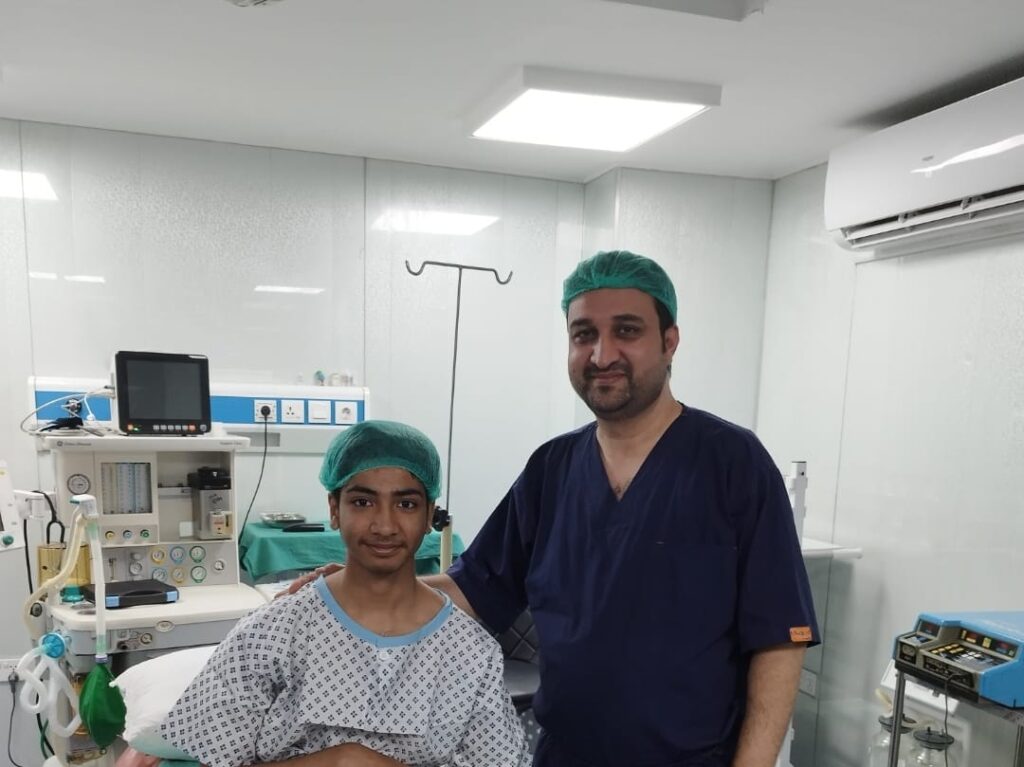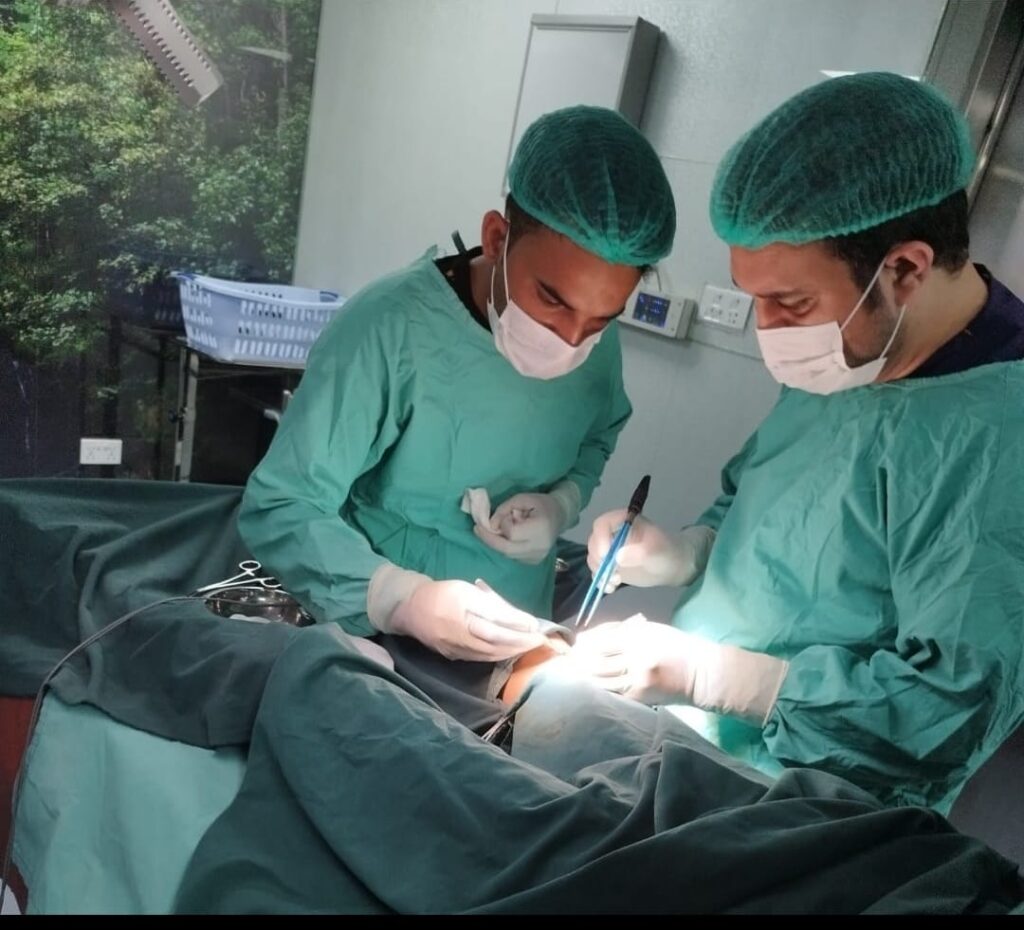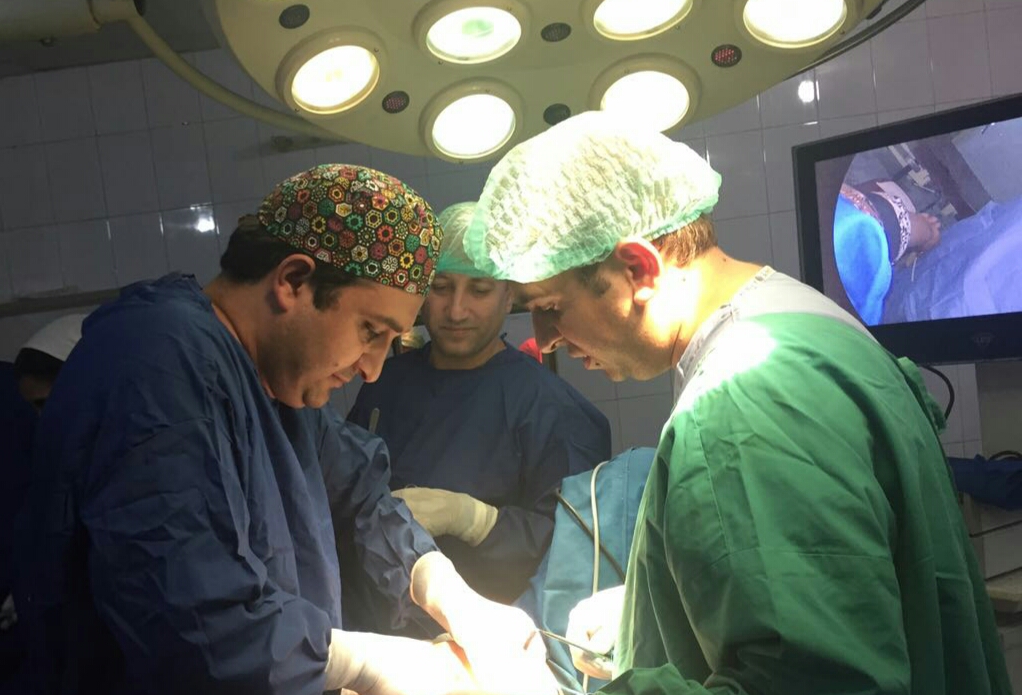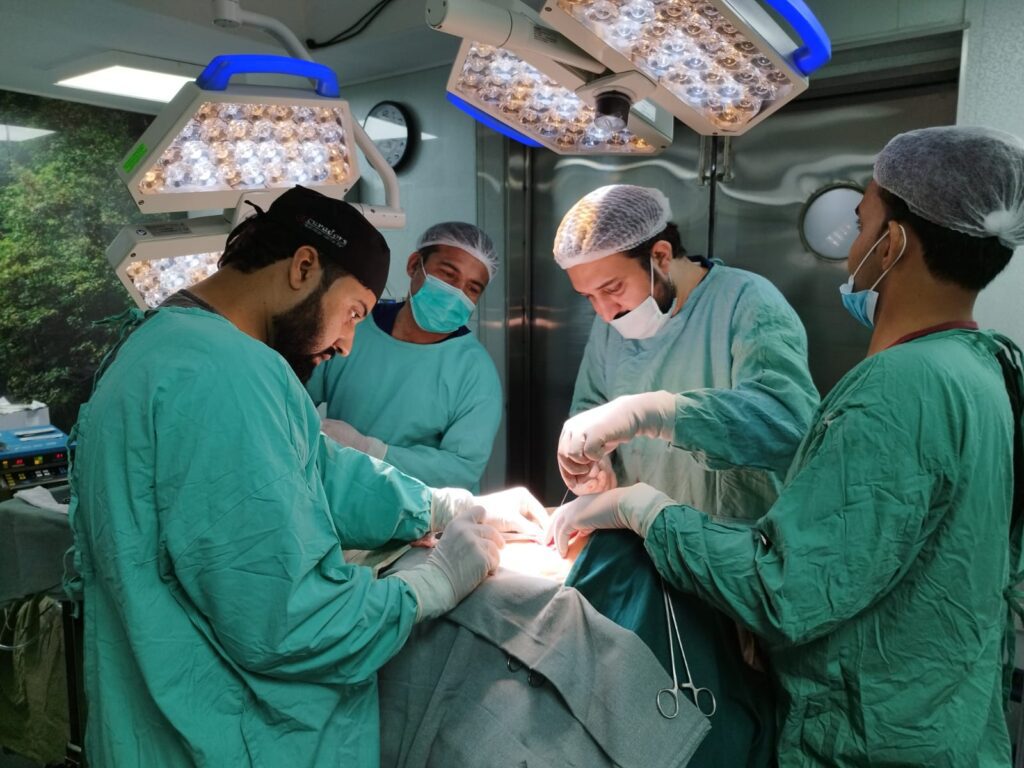- contact@laparoscopyadvice.com
- General Practice Hospital, G-9/2 Islamabad
- Mon - Fri: 10:00 am - 7:00 pm
Visiting Hours
| Mon - Fri: | 8:00 am - 8:00 pm |
| Saturday: | 9:00 am - 6:00 pm |
| Sunday: | 9:00 am - 6:00 pm |
Gallery Posts






| Mon - Fri: | 8:00 am - 8:00 pm |
| Saturday: | 9:00 am - 6:00 pm |
| Sunday: | 9:00 am - 6:00 pm |







Traumatic kidney injury occurs when the kidney is damaged due to blunt or penetrating trauma to the abdomen or back. Such injuries can range from minor contusions to severe lacerations or even kidney rupture. Prompt medical evaluation and treatment are essential to prevent complications and preserve kidney function.
Traumatic kidney injury can result from various causes, including motor vehicle accidents, falls, sports injuries, or direct blows to the abdomen or back. The force of the impact can cause the kidney to be compressed against the spine or ribcage, leading to injury. The severity of the injury depends on factors such as the force of the trauma, the angle of impact, and the presence of underlying conditions.



| Mon - Fri: | 9:00 am - 7:00 pm |
| Saturday - Sunday: | Off |
Copyright 2023 Adil's Laparoscopy World | Powered by Dynaamx